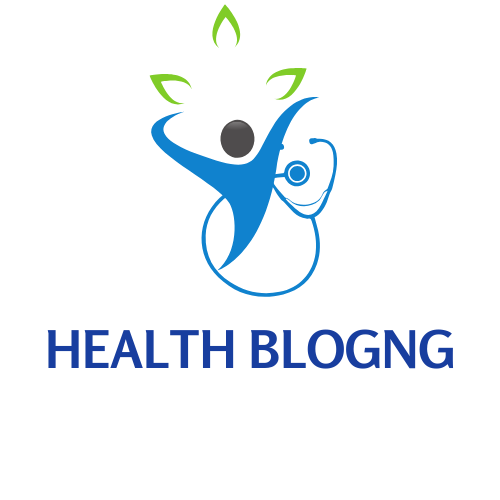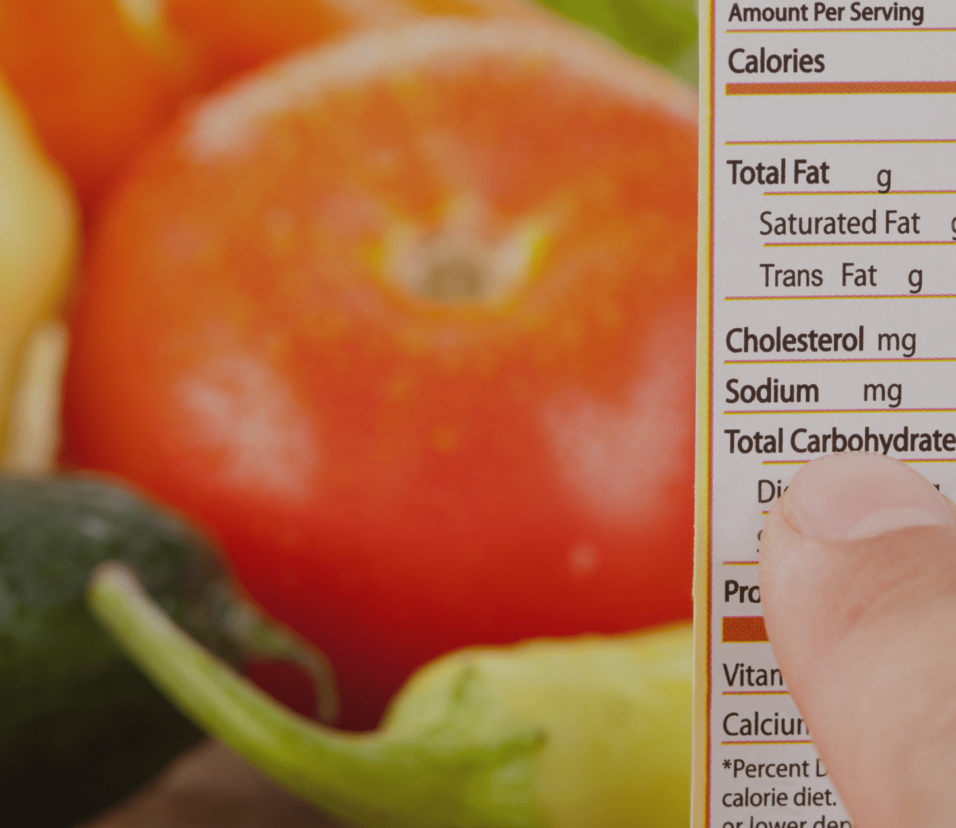Mastering the Art of Stress Management: Techniques for a Balanced Life
In today’s fast-paced world, stress has become an inevitable part of our lives. However, the key lies not in eliminating stress entirely but in managing it effectively.
This article explores a variety of stress management techniques that empower individuals to navigate challenges with resilience, promoting a healthier and more balanced lifestyle.
Deep Breathing Exercises
Begin by incorporating deep breathing exercises into your daily routine. Deep, rhythmic breaths activate the body’s relaxation response, reducing the impact of stress hormones.
Take a few moments to focus on your breath, inhaling deeply through your nose and exhaling slowly through your mouth.
Progressive Muscle Relaxation (PMR)
Progressive Muscle Relaxation involves systematically tensing and then relaxing different muscle groups in the body.
This technique helps release physical tension and promotes a state of calm. Starting from your toes and working your way up to the head, intentionally tense and then release each muscle group.
Mindfulness Meditation
Mindfulness meditation encourages staying present in the moment without judgment. Regular practice can enhance self-awareness, reduce stress, and improve overall well-being.
Find a quiet space, focus on your breath, and gently redirect your attention if your mind begins to wander.
Time Management
Effective time management is crucial for reducing stress. Prioritize tasks, break them into manageable steps, and set realistic deadlines.
Learn to delegate when possible and recognize when it’s necessary to say no to additional commitments. Creating a structured schedule can bring a sense of order to your day.
Physical Activity
Regular exercise is a powerful stress buster. Whether it’s a brisk walk, a jog, yoga, or a workout at the gym, physical activity releases endorphins, which act as natural mood lifters. Aim for at least 30 minutes of moderate exercise most days of the week.
Healthy Lifestyle Choices
Maintaining a balanced lifestyle contributes significantly to stress management. Prioritize adequate sleep, eat a nutritious diet, and limit the consumption of stimulants such as caffeine and alcohol.
These lifestyle choices provide a strong foundation for resilience in the face of stressors.
Social Support
Connect with friends, family, or support groups to share your thoughts and feelings. Social support is a powerful buffer against stress.
Talking to someone you trust can provide perspective, encouragement, and a sense of camaraderie during challenging times.
Cognitive Restructuring
Identify and challenge negative thought patterns that contribute to stress. Cognitive restructuring involves replacing irrational thoughts with more balanced and constructive ones. Reframing your perspective can help reduce anxiety and promote a more positive mindset.
Relaxation Techniques
Explore various relaxation techniques, such as guided imagery, aromatherapy, or listening to calming music.
Finding activities that promote relaxation can help counteract the physiological and psychological effects of stress.
Conclusion
Stress management is a skill that can be honed through a combination of techniques tailored to individual preferences.
By incorporating deep breathing, relaxation exercises, mindfulness, and maintaining a healthy lifestyle, individuals can build a robust toolkit for managing stress effectively.
Remember, stress is a part of life, but with the right strategies, it can be navigated with resilience, fostering a more balanced and fulfilling existence.








Leave feedback about this